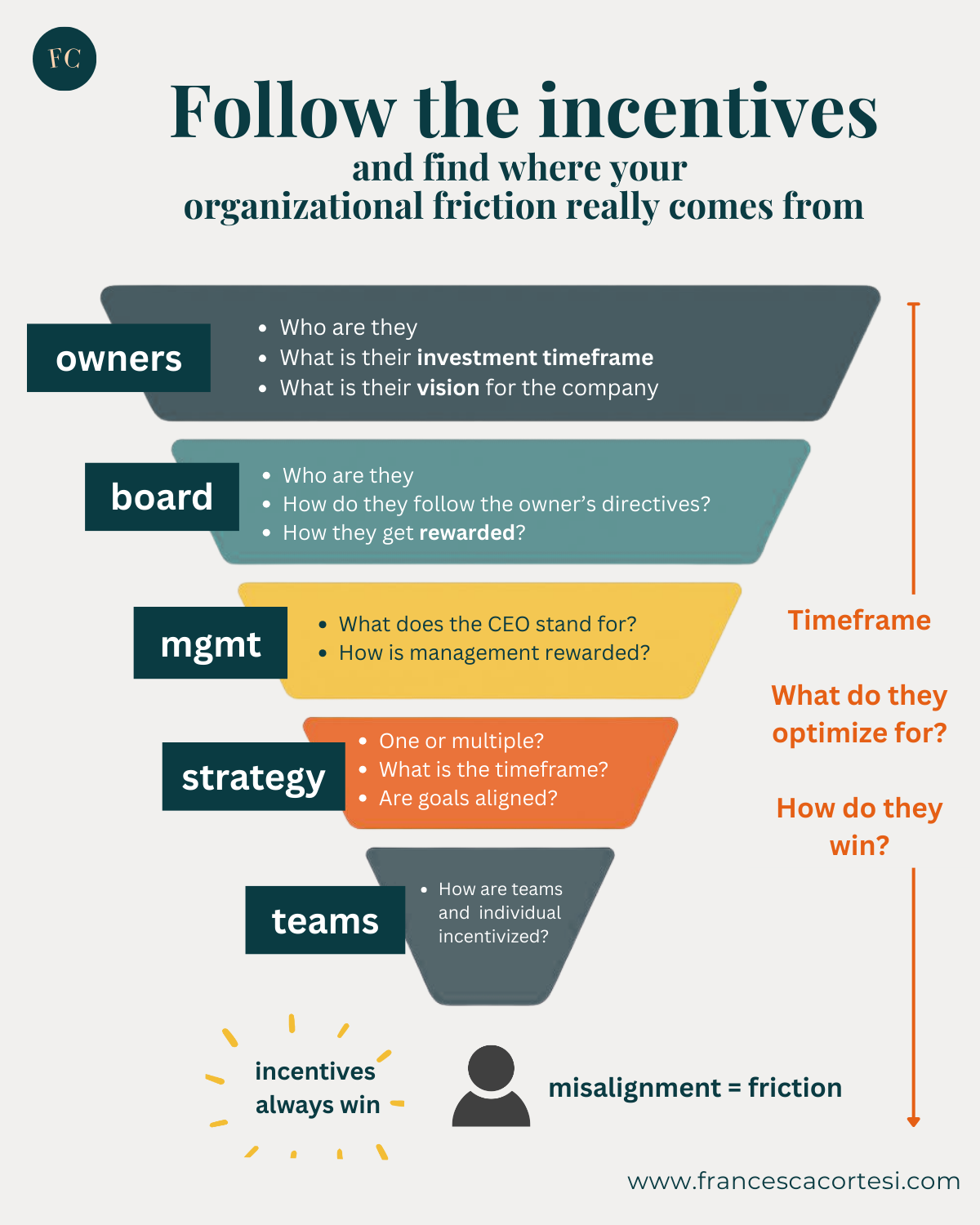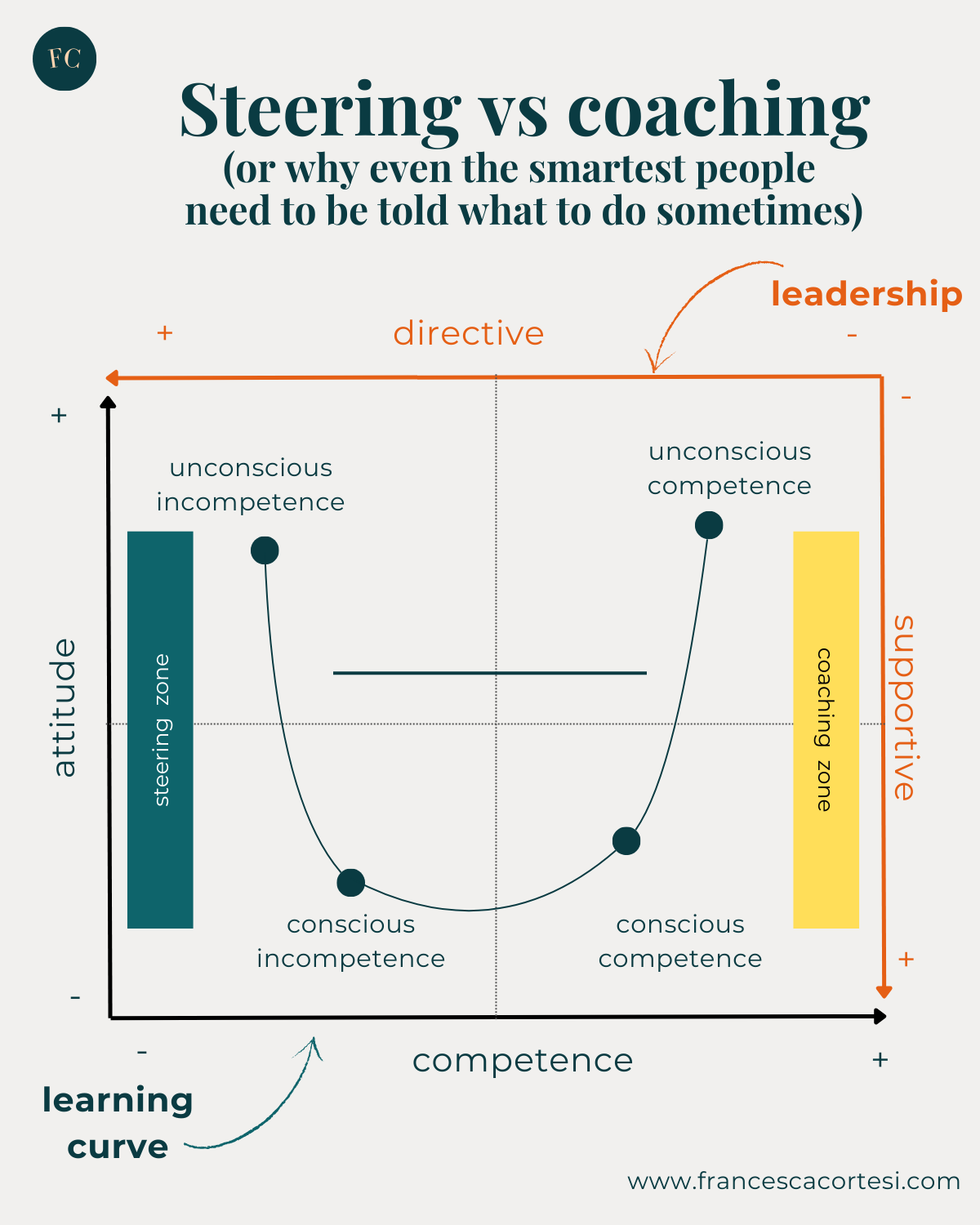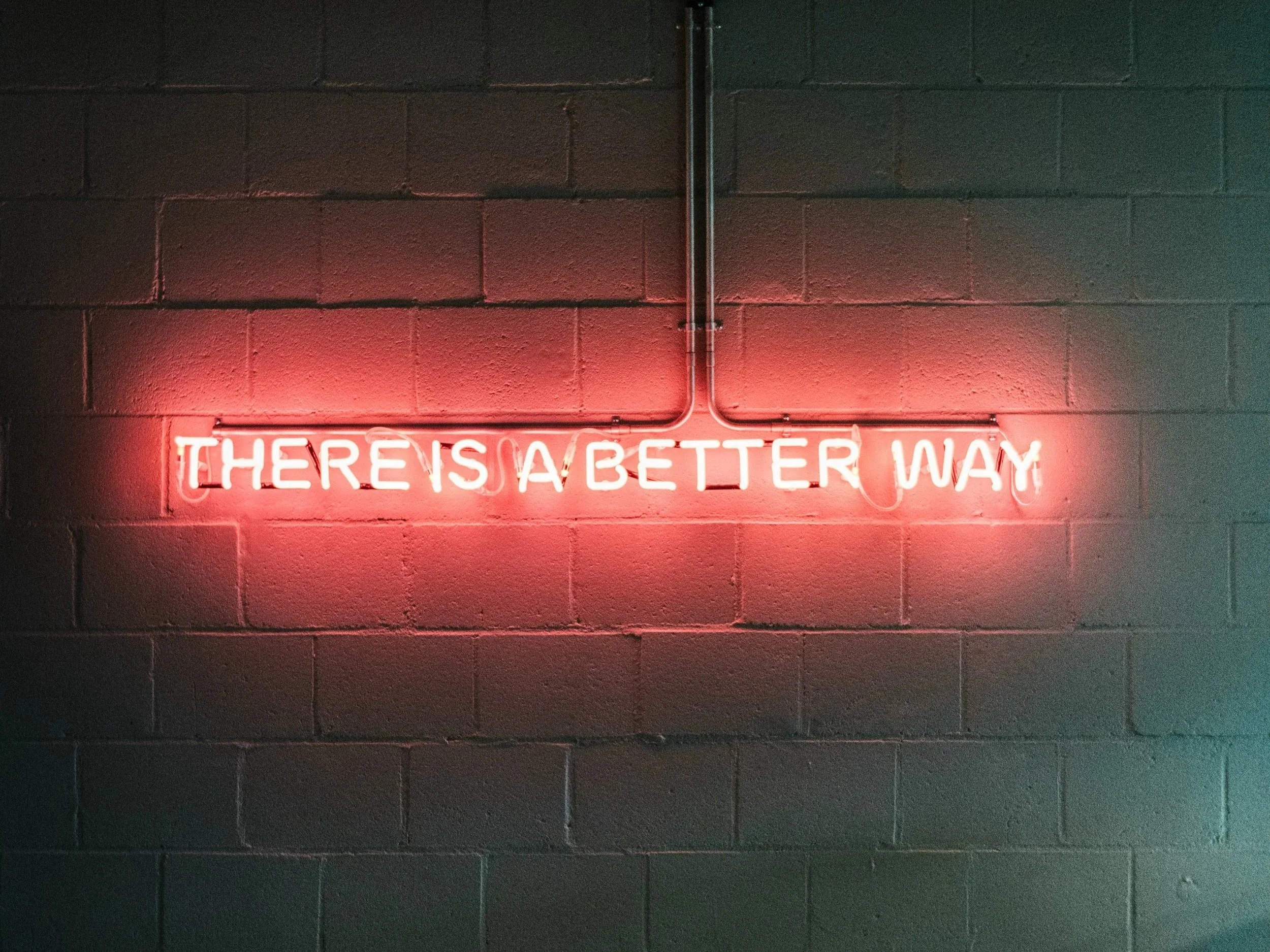Stop glamorizing busy
I read this piece of David Cain during the weekend and it made me reflect on the usage of time in an era of distributed work. And in general on the tendency of making busy glamorous, especially for entrepreneurs and product people.
There is a myth that if you are not able to manage many different things in parallel, then you are not fit for the job. The more I work with product development, the more I realize that there is nothing more wrong than this assumption. Working with product requires creativity and perspective, especially if you are leading multiple teams or an entire product organization, and neither or can come from multitasking.
Think about it: as product people, we are by design involved in many discussions. Navigating meetings with stakeholders, go-to-market plans, and details of execution. Since March and the new era of remote work, I experienced that many of these discussions became meetings that overflowed my calendar, making more scarce the things that I already didn’t have enough of: time.
Thinking back at those days of extra busyness I recognize a clear pattern: the busiest the period, the worst the decision I made. This is because when I have many things on my plate, I immediately have a tendency of tunneling by focusing my attention on what I can solve, losing sight of the bigger picture.
For example, I almost pushed so hard on a release to ”get it done” that I almost didn’t realize that the timing wasn’t right. Or at the beginning of the pandemic, I steered more than I normally would have done our prioritization process, to make sure we would deliver. But doing that I lost sight of the different needs that the teams had, and created a long tail of discussion that we could have avoided if I hadn’t rush my decisions into a fixed schedule.
Busy is not glamorous, busy is counterproductive.
So now that I realized that it is even easier to get into the trap while working from home, I started with three routines that have been really good for me:
Picture by Designed for Adventure via Unsplash
Decide on my focus
All of our product teams at Hemnet work in 2-weeks cycles, I also started to define on a 2-weeks basis what is important for me to focus on. I start my sprint by writing on a paper what is important and I should do shortly, what is less important and can wait and the ”other” things that are not so important but are easy to do (hello instant gratification!). This helps me focus as well as removing a lot of noise from my head.
Take charge of my calendar
"Focus means deciding who you will disappoint this week” I read this quote somewhere and it became my new mantra. Since March I realized that I have to say no even more than I am used to if I want to focus my attention where I should. And I start with meetings, everything that is not important, disappears from the calendar.
Schedule offline time
With slack, mail, meetings, and all the other on-screen activities it gets more and more difficult to keep perspective. This is why I started to schedule some off-line time, for me to take distance from the daily operations and to-do lists. I have no specific agendas these days, but I take time to read, look at the less urgent list and cut myself some slack. After doing this for 6 months now, I can see that taking some time off from my daily operations, really helps to generate ideas and getting perspective.
Do I manage to follow this new routine every week? Of course not. But it gives me perspective to think about them and try to stick to them as much as I can.
What’s your experience with remote working and expectations on product people?











